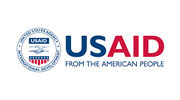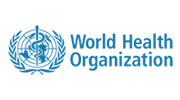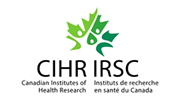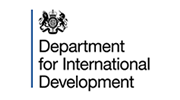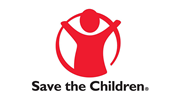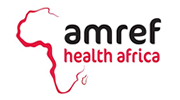Optimizing quality of care for malaria is a complex endeavour of major public health importance in Uganda. We propose to develop a model HSS strategy aimed at improving patient access to high quality malaria case management at the community and facility level.
In 2019, the Makerere Research…
Search
- Few indigenous parenting models have been evaluated and scaled up in Uganda. Since 2014, with funding from Oak Foundation, a team from Makerere University Child Health and Development Centre has been testing the PfR programme to improve spousal relationships and parenting skills in order to reduce…
- There is currently a great opportunity to prevent violence through the increasing policy interest to optimise parenting influence. Several parenting programmes developed in high income countries have been adapted for use in sub-Saharan Africa, while some indigenous ones are being tried. The Ugandan…
- The BSSR program facilitates inter-disciplinary research that integrates BSSR into biomedical HIV interventions. It is supporting, training, and mentoring the next generation of behavioral and social scientists to inform and lead this research. It is funded by the National Institutes of Health (NIH…
- This qualitative assessment explored the usability, hypothetical acceptability and programmatic fit of microarray patches (MAPs) a new drug delivery system for PrEP in early-stage of product development. It was supported by PATH/USAID from 2018-2021 As a result, a Poster presentation at the…
- This research is part of a larger research project (the DRUM consortium) looking at identifying drivers of ABR transmission to inform policies and interventions to interrupt transmission. It explores how is the One Health framework operationalized in the processes of Antibacterial Resistance (ABR)…
- This pragmatic trial aims to (1) compare the acceptance and completion of 3HP among PLHIV under three delivery strategies: directly observed therapy (DOT), self-administered therapy (SAT), and informed patient choice of either DOT or SAT (with the assistance of a decision aid); (2) to identify…
- The overall objective of this study is to assess patients and health care providers’ knowledge, attitudes, practices, and routines relating to hypertension and barriers, and facilitators to implementation of HTN care in HIV clinical settings. The study is funded by NIH from 2020 to 2022.
- HIV prevalence among conflict-affected population in Northern Uganda, is 12.2%, with women who experienced war-related sexual violence 80% more likely to be HIV+. These rates are higher than national rates, yet, less than 35% of HIV+ people reported ever accessing ART. The general objective of this…
- Heightened risk of HIV, syphilis & sexual violence among women in Northern Uganda is markedly higher than national averages from the Ugandan AIDS Indicator Survey. Women in Northern Uganda overall were 68% more likely to be HIV+ than men at baseline. Young women, less than 25 years were 368%…
Pagination
Botton Last Menu
Copyright © 2025 | CHDC. All rights reserved
